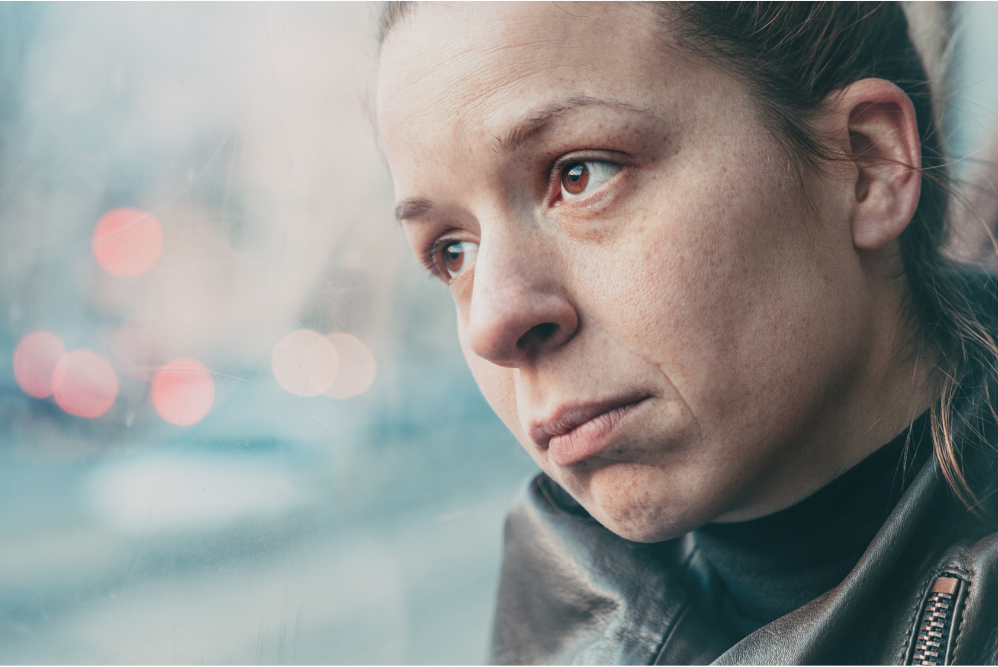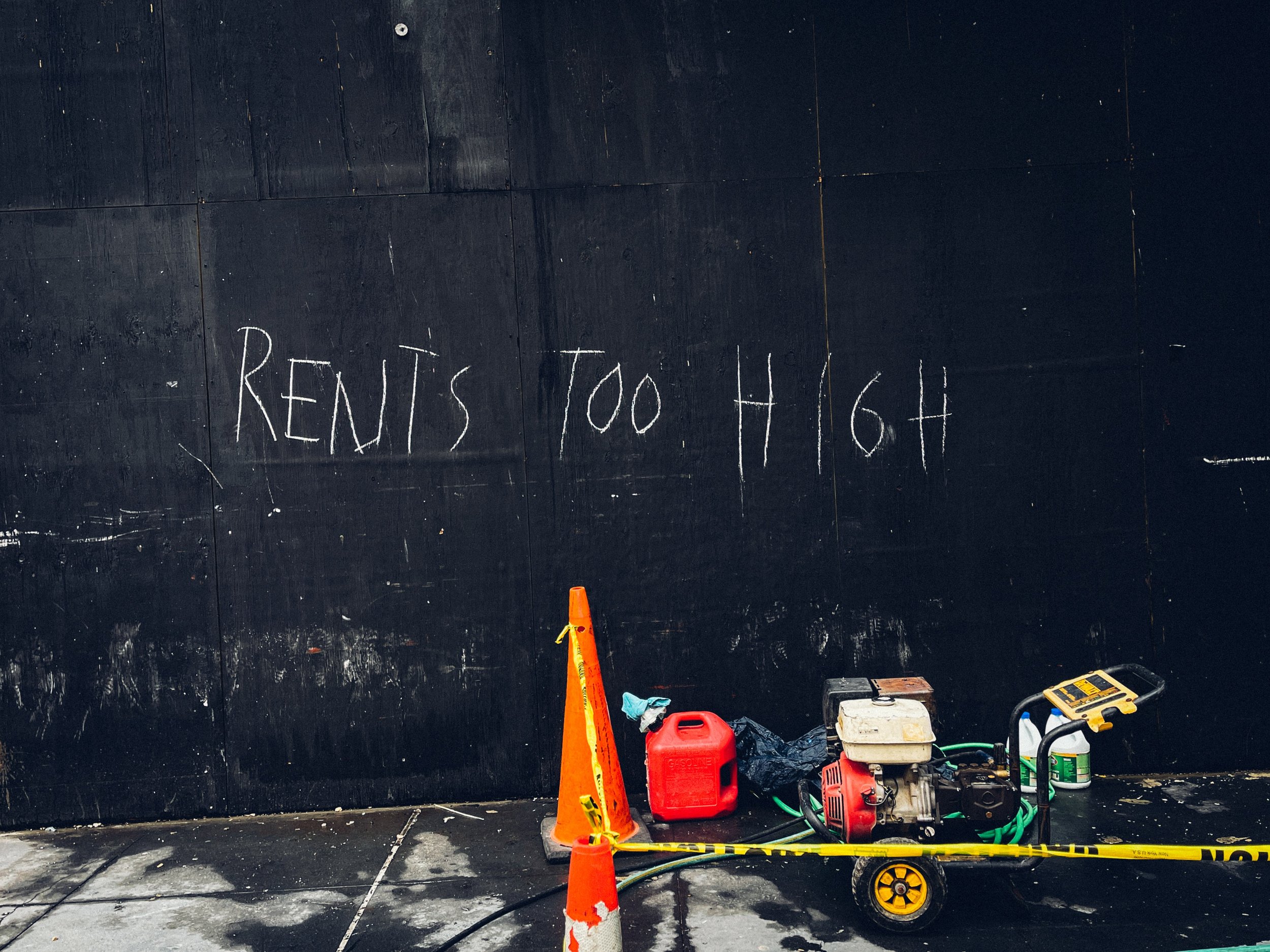Joey King, a community services professional and student living with mental illness, details the systemic pressures that keep her ‘dirt poor’ and homeless.
I googled the term “dirt poor”. I know it comes from a time when people couldn’t afford to have flooring or even straw in their homes, but I wanted to see what it might mean here, in Australia. Many dictionaries said “suffering extreme poverty” or “very poor”, but Dictionary.com states: “lacking nearly all material means or resources for living”. This resonates for me, a 52 year-old woman living in Australia in 2021.
I am part of the fastest growing demographic for homelessness and poverty in Australia. I have had a severe and persistent mental illness for most of my life and I have been living in my car outside Perth, in the south west of Western Australia, for the past two years.
I do not have the material means or resources to secure viable safe housing or employment. I do not have choices that will help me move on from where I find myself. I do not want to be this person but cannot see a way things will change.
In Perth, homelessness has risen almost 60% in 2021. It is not going to stop until people that the Government is prepared to listen to speak out loud and demand true action, not the token efforts of events the rich are invited to participate in that raises money for a few or one week in a year of marketing to remind people that people have mental illnesses, experience homelessness and live in poverty. We are desperate and real change needs to occur – or the chasm that exists between rich and poor will continue, and ever more people will be living in poverty.
I’m educated, articulate, and used to be involved in my community through work and volunteering, yet I have lived out of my car since July 2019.
Have I asked for help? Yes!
I used to work and teach Community Services, and I know how to research to find and ask for help.
Have I been helped? No.
I am looking at least another two years before public housing becomes available.
My Jobseeker payments are approximately 38% below the recognised poverty line in Australia. I miss meals, juggle my medication, have no social life, and wonder how I can be expected to look for employment when I might go days without a shower or have been awake all night because I’m in fear of my surroundings? I am one of the 40% of women my age who live in poverty. I am ‘dirt poor’.
I am constantly stressed, afraid and triggered. My mental health has been further destabilised because of my financial and housing situation. Women like me experience (in no particular order): uncertainty, fear, loneliness, truly being cold, vulnerability, mental and physical health decline, risk of being assaulted or being moved on by police, discrimination, judgement, assumptions you are an alcoholic or drug addict or that you chose to be homeless.
I’m not what people assume homeless people should look like, therefore not considered desperate enough to be helped.
As a 52-year-old woman without children, I am the lowest priority for both government and social services – as I was informed by WA Department of Housing staff. I tell people I’m homeless and they just shrug likes it’s no big thing. I wonder: when did the wellbeing of some of the most vulnerable people in this country become so dismissed? When did homelessness and poverty become normalised in people’s eyes? When did people stop caring?
This year, West Australian Premier Mark McGowan has delivered a record budget surplus of about $5 billion. This money has the potential to end all street homelessness in Western Australia – and also build 15,000 social/public houses, end all public housing waiting lists and all other forms of homelessness, like couch surfing. The WA Government has pledged to spend $884m to build 3,300 social housing properties – far short of the required number. Luke Henriques-Gomes, Social affairs and Inequality Editor at Guardian Australia, wrote last week that 44 homeless people have died so far this year in Western Australia. These people didn’t need to die. They died because they were “lacking nearly all material means or resources for living”. They, like me, were “dirt poor”.
Poverty is a national and state problem that needs the support of business, community, and government leaders across Australia, to ensure we are heard, supported, and given choices so that we can be part of a community, gain back what we have lost and be seen again.
The care of human life and happiness, and not their destruction, is the first and only object of good government.” – Thomas Jefferson
You can listen to Joey speak about living on Jobkeeper on the Full Story podcast, and read more about her perspective on welfare in the Guardian.
- This post was originally published by “The Power to Persuade” for anti-poverty week.
PLEASE NOTE: Feature image is a stock photo





